By: A. Hanief Saha Ghafur, Head of the Doctoral Program in Strategic & Global Studies (SKSG) University of Indonesia
Discourse of Unity in Diversity
It is interesting to trace the thoughts of the speakers at the International Conference organized by the Council of the World Muslim Community (TWMCC) in Abu Dhabi earlier this month. There are some interesting things related to the breadth and depth of the content of his lectures. It is also mastery of the problem and the proposed alternative solutions.
There is the Secretary General of the OIC, the Director of ISESCO, the former Minister of Foreign Affairs and the former Minister of Culture of Morocco, the former President of Mauritius, and others.
Also Read: The Forty-Four-Days of Glory: Azerbaijan’s Struggle for Justice and Peace
Maybe because of the experience of leading and statesmanship, making them more intelligent in understanding the problems of the Ummah and future challenges. It’s a shame that the committee didn’t give him the space to elaborate in more detail and his sharp thoughts. Even though time is limited. In fact, the panel discussion session can be an arena for that elaboration.
Elaboration and deepening can also be done in the WMCC’s own internal environment. At the end of the event there was a plenary session where the Secretary General of WMCC Mohamed Bechari released a statement about the unity of the people in diversity.
Most importantly, Wahdah or Ukhuwwah?
There is a consistency in which Middle Eastern countries really like the word unity (wahdah). Although never proven successful. In fact, it has repeatedly failed to become a victim of unity. Due to conflict and confrontation. Such as the establishment of the United Arab Republic (RPA) which unites three countries, namely Egypt, Syria, and Iraq. It was also the United Arab Front for the State of Palestine, and others.
Also Read: Palestine Solidarity Month: A Collective Movement for Al-Aqsa and Palestine’s Freedom
Likewise with regard to Islam, the word unity has been echoed from conference to conference. In fact, the author himself has attended three conferences with the same theme, namely the unity of the Ummah (wahdatul ummah), which took place in Qatar 2008, Tehran, Iran 2019, and Abu Dhabi 2022. All of its contents are speeches without implementation and have been proven to be real.
Interested in the theme of the conference, because it is a necessity, not only for Muslims, but also for world peace as a whole. Carrying the big theme of Islamic Unity (المؤتمر الدولي لوحدة الاسلامية) without pillars and titles or a real implementation agenda.
While attending a conference in Tehran, Iran 2019 I asked a Mullah, why is unity (وحدة) not brotherhood (اخوة)? Mullah answered with a verse from the Quran. But I am not satisfied. The Quran does mention both. Either wahdah (al-Mu’minun 52) or ukhuwwah (10 الحجرات). But the wahdah verse is only in the form of informing information (إخبار) that your ummah is one ummah. There is no Quranic command to establish a unified Ummah. While ukhuwwah is often followed by commands that must be implemented and improved continuously.
For me unity (وحدة) is the ultimate goal. While ukhuwwah is an intermediate goal that is in the realm of processes that must be continuously built. Which is more important? For me ukhuwwah is much more important and its portion must be bigger than unity. Because there will never be unity (وحدة) without ukhuwwah. Even wahdah can be achieved naturally if the knitting of ukhuwah continues to be built properly.
Also Read: Hassan al-Turabi: A Controversial Thinker from Sudan
Ukhuwwah is an equal knitting without anything being subordinated. Because brothers are equal, even though some are younger and some are older. But the brother was neither an uncle nor a nephew. Brotherhood is participatory solidarity to find togetherness in differences. Togetherness is full of sincerity and volunteerism.
Ukhuwah exists because of differences. There is no difference, there is no need for ukhuwah. In ukhuwah there needs to be an open mind, an open heart to accept differences. Tactical differences and strategic differences. If you don’t give room for differences, don’t expect ukhuwah, let alone there will be wahdah. Even the wahdah must exist within the framework of unity in diversity (unity in diversity).
Ukhuwwah and wahdah find their significance from differences in their relative interpretations and differences in their ascribed principles. Not blind fanaticism (تعصب) affirmed without compromise.
There are several forms of need for ukhuwwah in the community, according to KH. Ahmad Sidiq (former Rais Aam PBNU), there are three, namely: 1) ukhuwwah nationality (اخوة ), ukhuwwah Islamiyah, and ukhuwwah insaniyah.
Also Read: Who Exactly is the RSF Group Shaking Sudan?
When can ukhuwwah be realized? National solidarity as a form of unity in one nation’s family. Transcending wider family boundaries within a country.
The realization of ukhuwwah Islamiah is when we understand the differences that exist in sects and schools of thought in Islam and practice them in real life. While ukhuwwah insaniyah if we want to achieve bigger goals, such as protecting the universe, protecting humanity, building peace, protecting the environment, living as neighbors and providing good assistance, and so on.
Indeed, our enemy is an enemy against all forms of ukhuwwah and against human humanity. However, actually the opponent is a bonus from Allah Subhanahu Wa Ta’ala and the opponent should not be made an enemy. But make the opponent as a competitor and partner in the competition to become a better, qualified and superior people. The main goal is to build a human caliphate on earth.
The parameters of the human caliphate are measured how capable of building the prosperity of the earth for human welfare (هو الذي انشاءكم الأرض استعمركم ا). Not to create disastrous conflicts and confrontations as well as damage on earth. Wallahu A’lamu bis showab.(T/RE1)
Also Read: The Two-State Solution (Palestine–Israel) in Historical Perspective
Mi’raj News Agency (MINA)






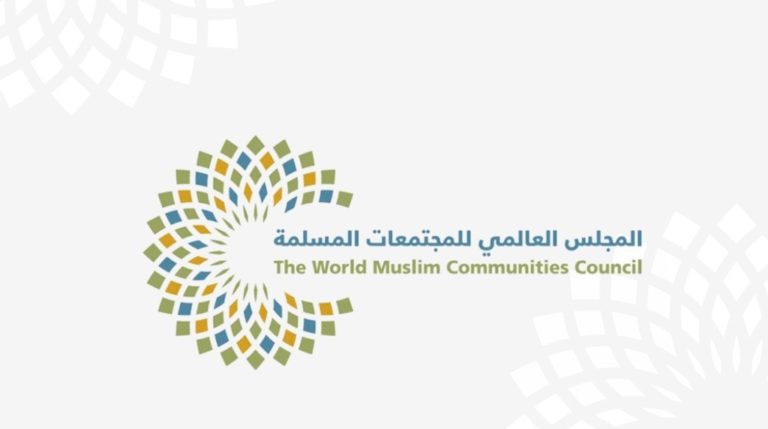


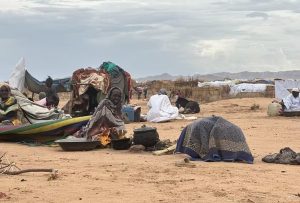
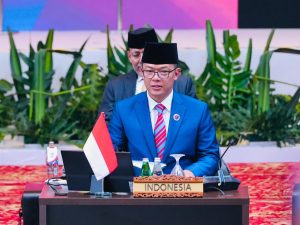



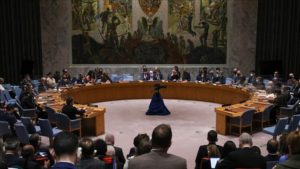
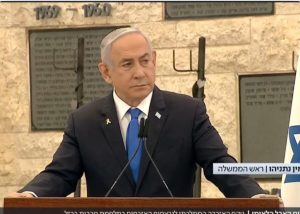
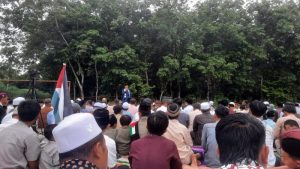
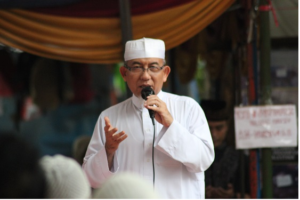
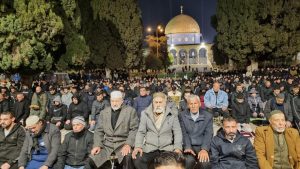
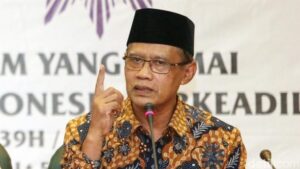
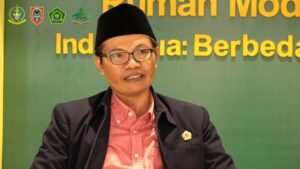
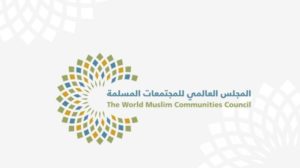











 Mina Indonesia
Mina Indonesia Mina Arabic
Mina Arabic